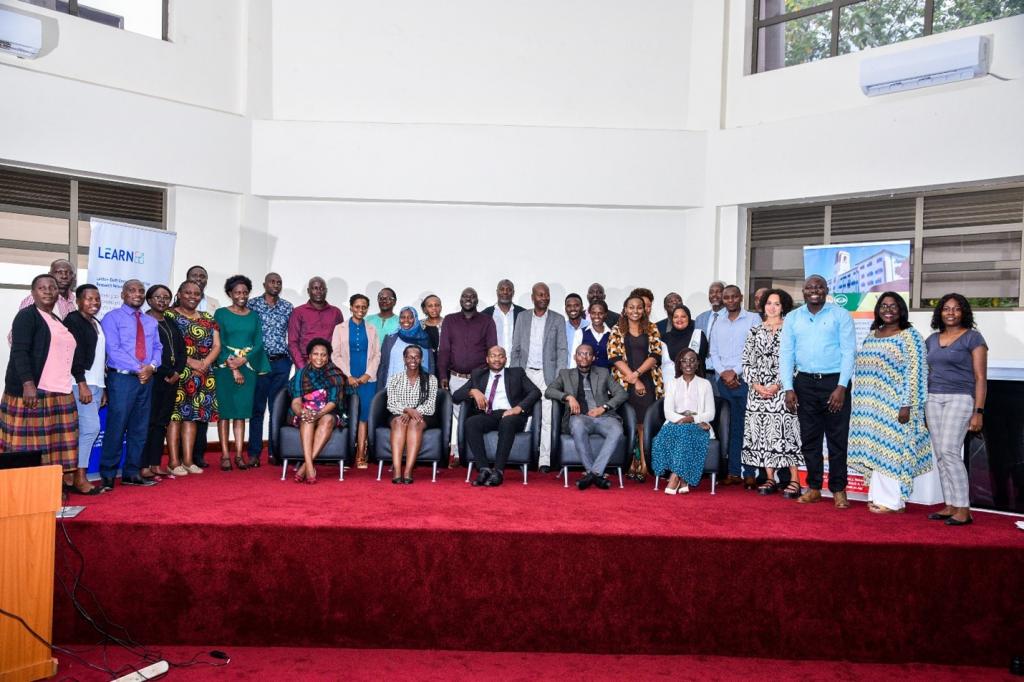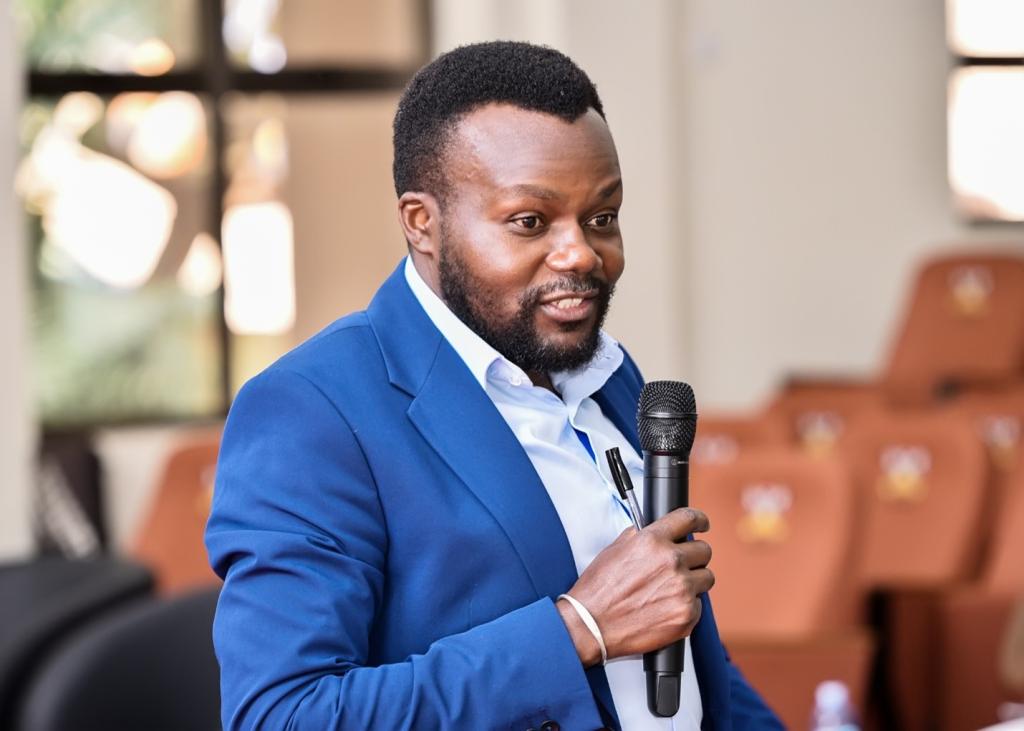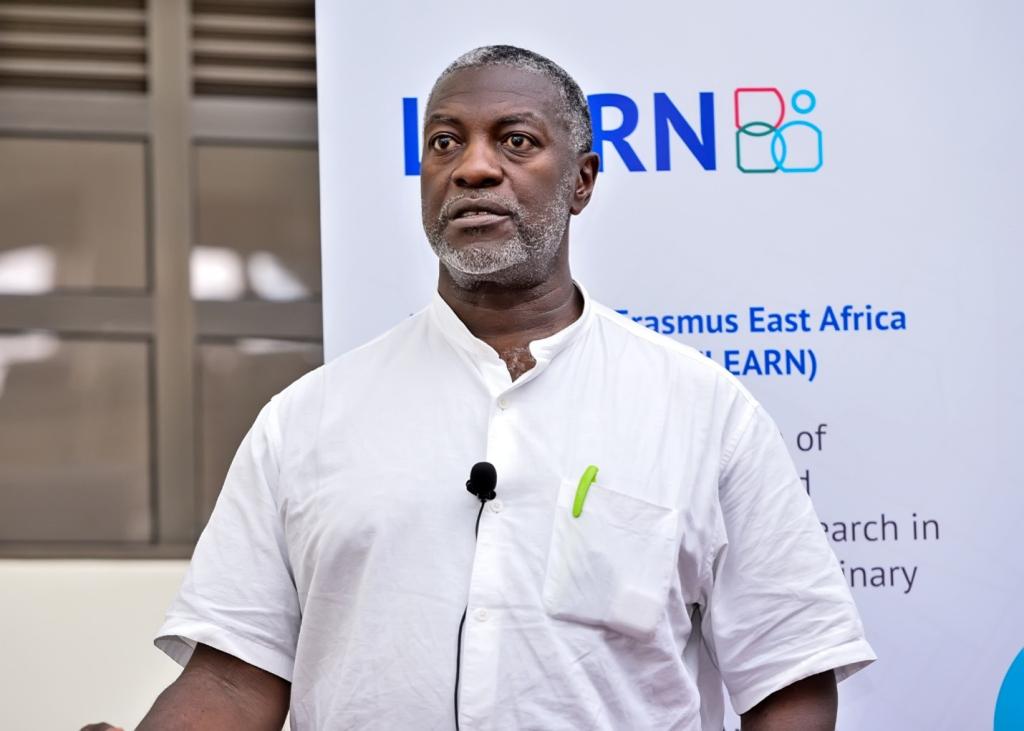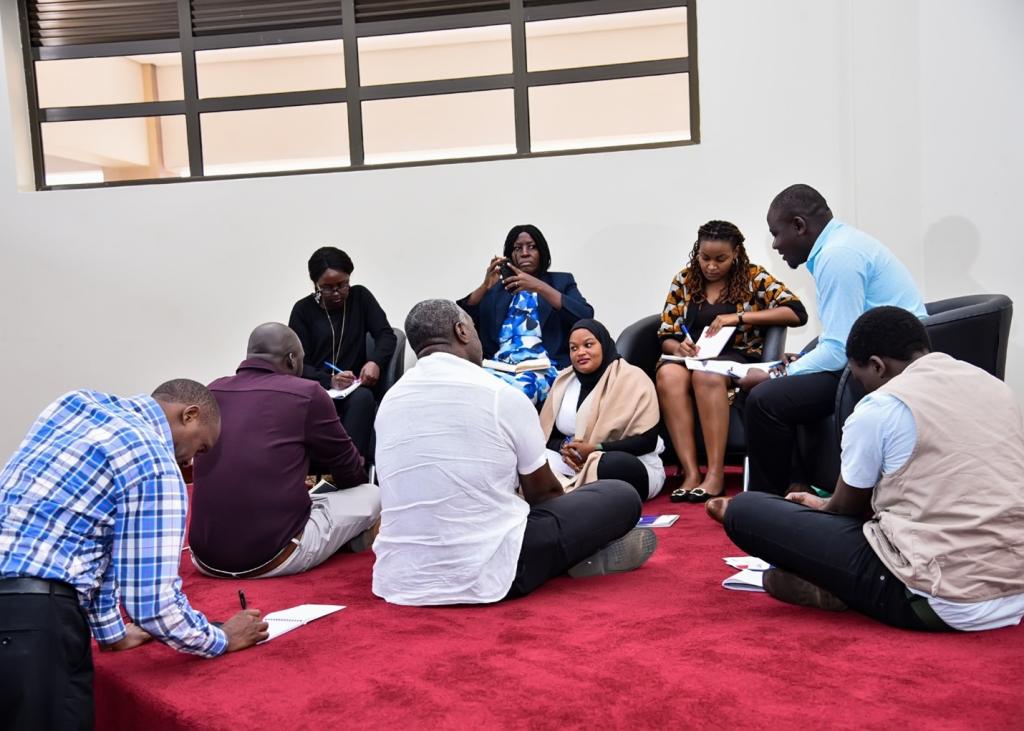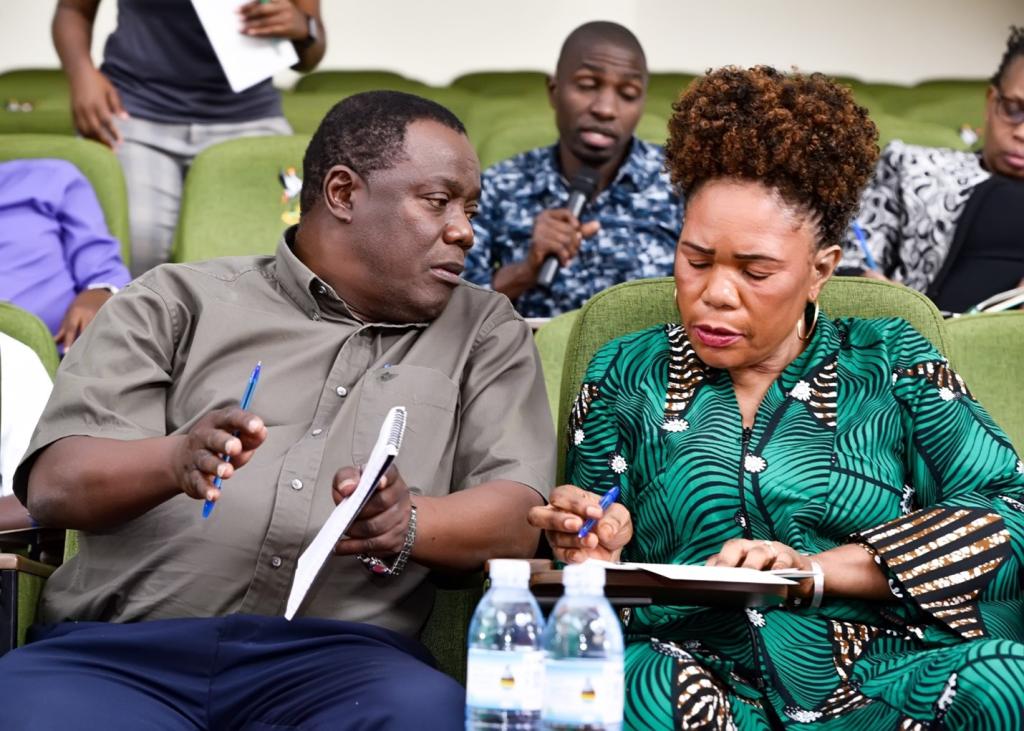East African cities are at the crossroads of rapid urbanization and mounting climate vulnerability. How can these cities develop the resilience needed to adapt to the challenges of today and the uncertainties of tomorrow? The LEARN (LDE-East Africa Research Network) Cross-City Dialogue in Kampala, hosted by Makerere University’s Urban Action Lab in collaboration with LEARN, offered a critical platform for stakeholders across East Africa to address this pressing question.
Charting Resilient Futures for East African Cities
The event, titled "Resilient Urban Futures: Adapting Livelihoods to Climate Change," took place on September 4th and 5th, 2024, and brought together a multidisciplinary network of researchers, policymakers, and community leaders from across East Africa. Participants from Kenya, Uganda, Tanzania, Rwanda, and Burundi exchanged ideas and experiences in the pursuit of climate resilience, focusing on the intersections of physical, economic, social, and cultural dynamics within their rapidly urbanizing environments. The dialogue emphasized the importance of collaboration, not only between countries but also across sectors, fostering a comprehensive approach to urban resilience.
Urbanization and Climate Challenges in East Africa
East Africa is experiencing one of the highest rates of urbanization globally, with cities expanding rapidly. Simultaneously, it remains one of the world's most climate-vulnerable regions, with countries like Uganda and Burundi witnessing some of the fastest-growing urban populations. The challenges that arise from this dual phenomenon include the proliferation of informal settlements, which are often the most exposed to climate-related risks such as flooding, droughts, and extreme heatwaves.
At the dialogue’s core were discussions on how cities can prepare for these challenges while ensuring sustainable livelihoods. Dr. Michael Mbogga of Makerere University underscored the complexities of defining what constitutes “urban” in East Africa. He pointed out that a lack of proper definition affects resource allocation and city planning, often overlooking cities in the making. This observation opened up a broader reflection on how urban resilience cannot be approached with one-size-fits-all solutions but must instead be shaped by local realities.
There is no single pathway towards resilience” – Dr. Michael Mbogga (Makerere University)
Engaging Communities for Resilient Futures
A key highlight of the event was the emphasis on community-driven approaches to urban resilience. Dr. Tim Ndezi of Tanzania's Centre for Community Initiatives (CCI) shared insights on empowering marginalized urban communities through participatory projects like DARAJA, which strengthen local adaptive capacities by enhancing access to climate and weather information. This model of community engagement has proven effective in several Tanzanian cities and exemplifies how grassroots action can lead to more climate-resilient futures.
These bottom-up approaches were further championed by Professor Shuaib Lwasa from the Urban Action Lab and the International Institute of Social Studies (ISS-EUR), who advocated for a paradigm shift in how urban resilience is assessed. Moving away from externally determined metrics, he argued that local knowledge and community experiences must be integral to resilience strategies. This sentiment was echoed throughout the event, where the value of integrating academic research with lived experiences became a central theme.
Collaborative Insights for a Resilient East Africa
The Cross-City Dialogue underscored the importance of inter-regional collaboration in addressing urban resilience challenges. Participants engaged in group discussions around three key areas: the physical environment, economic dynamics, and social-cultural factors. These discussions revealed both common vulnerabilities and unique context-specific issues, enriching the dialogue with diverse perspectives.
The involvement of the LEARN network facilitated knowledge transfer across borders and disciplines, contributing to the development of new, context-specific solutions to urban resilience. By integrating academic research with community knowledge and policy frameworks, the dialogue set a new standard for inclusive urban resilience planning.
As East African cities continue to face rapid urbanization and intensifying climate impacts, the collaborations and ideas forged during this dialogue will be instrumental in shaping future urban strategies. The dialogue not only highlighted current resilience challenges but also paved the way for stronger, more sustainable futures for cities across the region.
Read the full article on the Cross-City Dialogue in Kampala here
For regular updates on LDE Global and LEARN's activities and collaborations, you can follow LDE Global and LEARN on LinkedIn.
